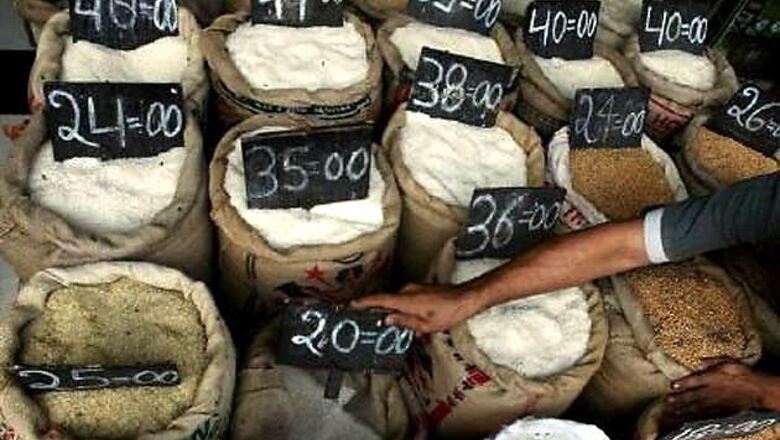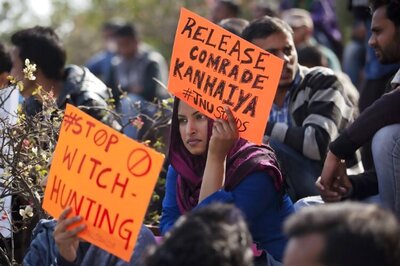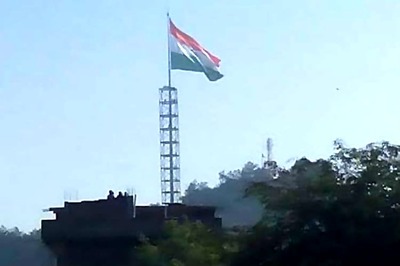
views
Imposition of 7.5 per cent import duty on pulses, as proposed by the Food Ministry, would flare up retail prices by at least 20 per cent, traders' body CAIT said on Tuesday while seeking PMO's intervention in the matter. "... CAIT has demanded that PMO should intervene in the matter and instruct Food Ministry not to impose import duty on pulses imported in India," the Confederation of All India Traders (CAIT) said in a statement.
The Food Ministry is mulling raising import duty on pulses from zero to 7.5 per cent, taking into account the recommendations of government body Commission for Agricultural Costs and Prices (CACP). "There appears to be lack of coordination and communication amongst several ministries of the government. It also appears that each Ministry in order to look into its own affairs, is least concerned about what will be the impact of its decision on overall economy," it said.
Noting that pulses are the main source of protein to people and should be made available at reasonable prices, the CAIT cautioned, "If import duty is levied, pulses prices in the retail market will go up by at least 20 per cent." India, the largest producer of pulses, imports about three million tonnes of lentils every year to fulfil its domestic demand. Pulses imports are being permitted at zero duty since 2006 to ensure availability.
The import duty hike is necessary at this point to protect domestic farmers because imported pulses like tur have become cheaper as compared to the domestic ones, especially after the hike in the minimum support price (MSP). The government has made some progress in increasing pulses production through higher MSP in last few years and the Agriculture Ministry fears the pulses sowing could affect if cheap imports flood the market and distort prices.
Apart from private traders, state-owned trading firms MMTC, PEC, STC and cooperative major Nafed import pulses. Presently, farmers are preparing for sowing of kharif pulses.




















Comments
0 comment